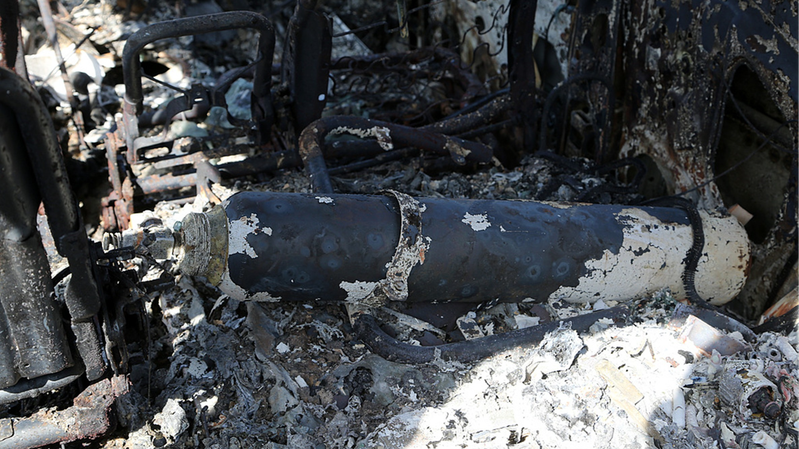The Middle East feels like a powder keg as tensions over Iran's nuclear program clash with shifting regional dynamics. Israel's 'preemptive' actions, Iran's asymmetric retaliation capabilities and a more assertive U.S. stance under the Donald Trump administration create a dangerous mix.
For years, the region's challenges have been managed through strategic ambiguity, deterrence and backchannel diplomacy. Today, those traditional tools may not be enough to prevent miscalculated deterrence strategies from spiralling out of control.
At the heart of the standoff is Fordow, a uranium enrichment facility buried deep inside central Iran. Israel views a nuclear-capable Iran as an existential threat, justifying a range of preventive measures – and the United States possesses the military reach to conduct deep-strike operations.
Yet, available firepower doesn't guarantee a clean outcome. A preemptive strike by Israel or a joint operation with the United States could trigger immediate retaliation – missile barrages, cyberattacks and proxy strikes against U.S. assets, Israeli cities and Gulf oil infrastructure. Over two decades, Iran has perfected a deterrence doctrine based on dispersion and asymmetric response, making any escalation hard to contain.
Israel's defense doctrine favors early, decisive action to neutralize emerging threats. But its regional standing remains fragile. Despite historic normalization pacts with Arab states, conflict with the Palestinians still fuels diplomatic backlash. A strike on Iran could reignite tensions across the Middle East, even among reluctant partners.
For a generation of global citizens watching from afar, the unfolding drama highlights the razor-thin line between deterrence and disaster. As power balances shift and alliances evolve, the question looms: Can diplomacy and strategic patience keep the Middle East from igniting?
Reference(s):
cgtn.com




